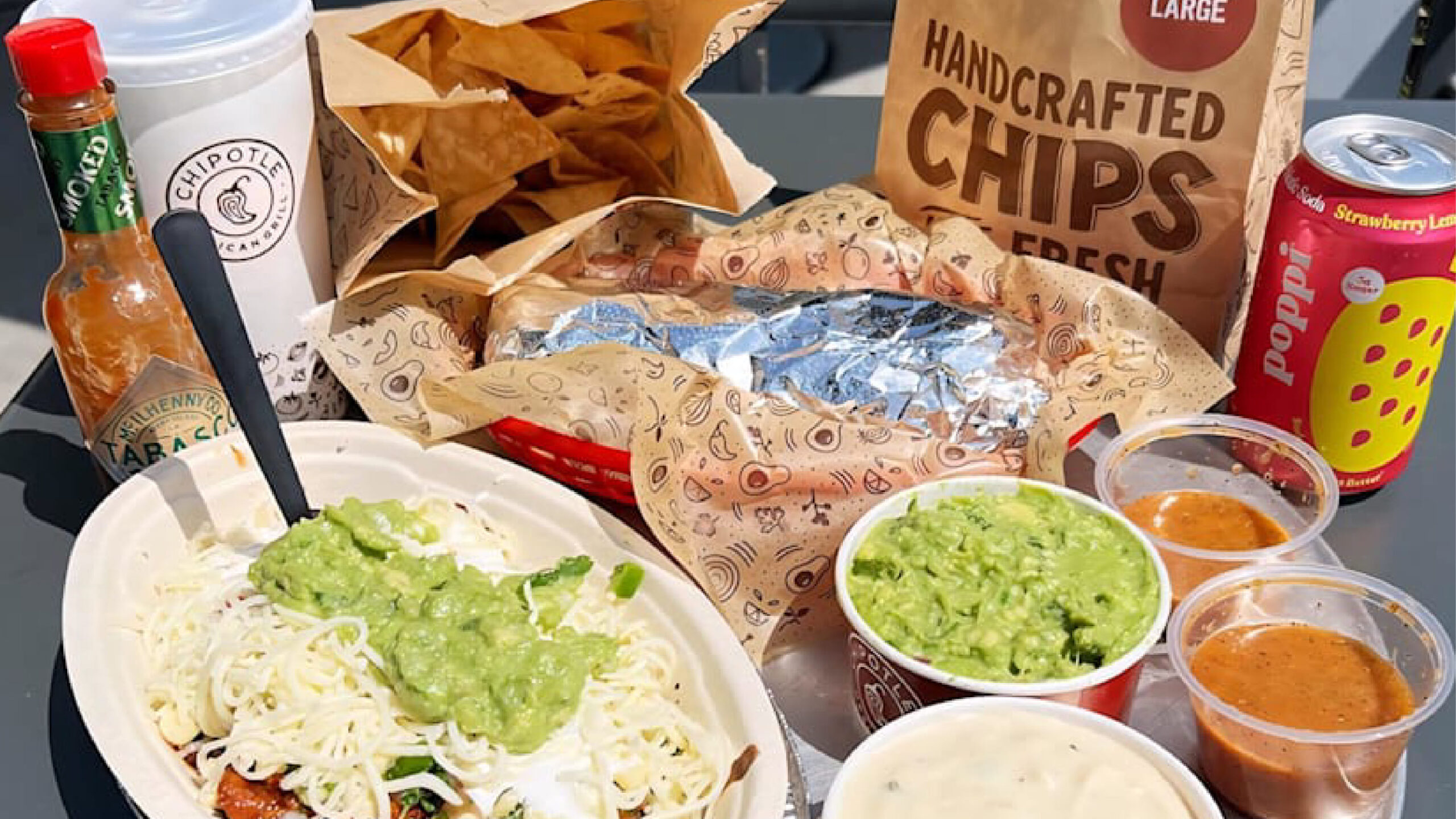American fast-casual giant Chipotle Mexican Grill is set to enter Asia for the first time with upcoming restaurant openings in Singapore and South Korea in 2026. Known globally for its customizable burritos, bowls, and tacos, Chipotle is eyeing new growth opportunities outside of its traditional stronghold in North America and Europe.
The brand’s expansion into Asia comes at a time when consumer spending on dining in the United States has slowed, prompting the company to look to international markets for future growth.
Joint Venture with SPC Group
Chipotle’s foray into Asia will be facilitated through a joint venture with South Korea-based SPC Group, a food and beverage powerhouse that manages several well-known brands across the region.
In Singapore, SPC Group already operates Paris Baguette and Shake Shack, while it previously brought Eggslut to the local market. By partnering with SPC, Chipotle gains a strategic ally familiar with Asian consumer preferences and regional dining trends.
According to the announcement, this collaboration is expected to set the stage for a sustainable expansion in the region, with Singapore and South Korea as key entry points.
Why Asia is a Key Market
In a statement, Chipotle CEO Scott Boatwright highlighted Asia as an attractive growth opportunity. “With a rapidly evolving dining-out business, fueled by preferences for variety and convenience, expanding into Asia presents an incredible growth opportunity for Chipotle,” he said.
Asian markets, particularly Singapore and South Korea, are known for their vibrant food scenes, diverse culinary cultures, and openness to international dining concepts. The rise of younger, urban consumers seeking healthier and customizable meal options aligns perfectly with Chipotle’s brand positioning.
Chipotle’s Global Expansion Strategy
Chipotle’s upcoming entry into Asia is part of a broader international expansion strategy. In April, the company announced plans to launch in Mexico for the first time. This followed a 2023 deal with Alshaya Group, aimed at expanding into the Middle East with restaurants in Dubai and Kuwait.
Currently, Chipotle operates more than 3,800 restaurants worldwide, primarily in the United States. Outside its home market, the brand has established a presence in Canada, the United Kingdom, France, and Germany.
The company aims to significantly grow its footprint, with a long-term target of 7,000 restaurants across the US and Canada, in addition to its new international ventures. For 2025, Chipotle has set plans to open between 315 and 345 new outlets, reflecting its aggressive growth strategy.
Challenges in the Home Market
Chipotle’s international push comes as the company faces headwinds in the United States. In July, it lowered its annual sales growth target and reported weaker-than-expected quarterly sales, citing fewer restaurant visits amid an uncertain economic environment.
Rising supply-chain costs, exacerbated by trade tariffs imposed by former US President Donald Trump, have also put pressure on margins. These challenges have prompted Chipotle to diversify its revenue streams by looking overseas.
What This Means for Singapore and South Korea
The entry of Chipotle into Singapore and South Korea will add another dimension to their already competitive food and beverage markets. Both countries are known for embracing international brands, especially those offering casual, accessible dining experiences.
In Singapore, Chipotle will join an expanding roster of American fast-casual brands that have successfully set up operations in the city-state. For South Korea, a nation with a dynamic dining culture and a large base of younger consumers, Chipotle’s arrival could tap into the growing appetite for globally-inspired yet customizable meals.
Consumers in both markets can look forward to enjoying Chipotle’s signature offerings — from burrito bowls to tacos — made with fresh ingredients and tailored to individual preferences.
Looking Ahead
With its upcoming launch in Asia, Chipotle is making a bold step toward becoming a truly global fast-casual brand. By partnering with SPC Group, the company is not only gaining access to new markets but also ensuring that it has the operational expertise to succeed.
While challenges remain in its home market, Chipotle’s strategy to diversify geographically could help balance risks and provide new avenues for growth. For food enthusiasts in Singapore and South Korea, the arrival of Chipotle marks an exciting addition to the dining landscape in 2026.
Conclusion
Chipotle Mexican Grill’s expansion into Singapore and South Korea represents a milestone in its international journey. Backed by its joint venture with SPC Group, the brand is well-positioned to capture the hearts of Asian diners with its signature bowls, burritos, and tacos.
As the fast-casual dining trend continues to grow worldwide, Chipotle’s entry into Asia may not just reshape its own future but also add a new flavor to the vibrant food scenes of Singapore and South Korea.








